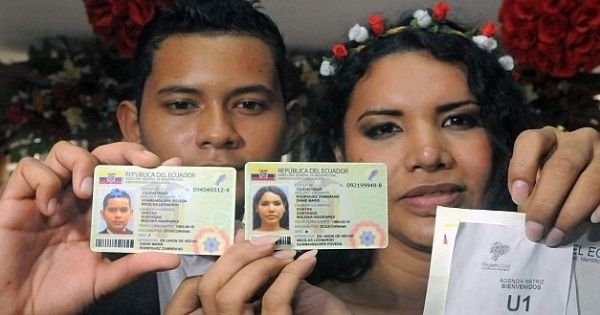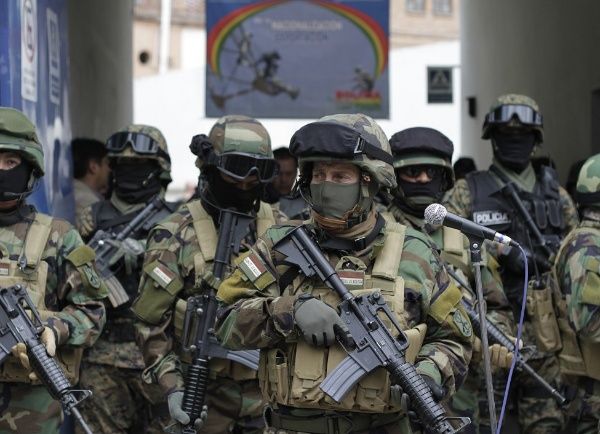Although Latin America is often viewed as having a strong culture of "machismo" throughout the world, the region has led the world in passing measures ensuring equality for its LGBT communities. The following are some of Latin America's biggest gains for equal rights:
1. Argentina, 1st on Marriage Equality

Former Argentine President Cristina Kirchner stands in support with an LGBT association. | Photo: Wikipedia.
In July 2010, Argentina became the first Latin American country to legalize marriage equality, and the legislation didn't come easy. Then-President Cristina Kirchner had been campaigning for the issue for months, saying that continuing to deny homosexuales the right to marry would be a "terrible distortion of democracy.” Many right-wing elements in Argentina, including lawmakers and religious figures, resisted.
Even Pope Francis, then-Archbishop of Buenos Aires, said that the bill was a “destructive attack on God’s plan.”
The legislation passed regardless, after 15 hours of heated debate. The final vote was 33 to 27 in favor, and Argentina made history. Kirchner and LGBT groups celebrated the victory.
2. Cuba's Reassignment Surgery

People take part in a gay pride parade during an event ahead of International Day Against Homophobia in Havana May 10, 2014. | Photo: Reuters
2010 was a big year for the LGBT community in Latin America. In Cuba, the Caribbean's socialist stronghold, the government made gender reassignment surgery part of the national healthcare system.
RELATED:
Worrkers Federation Head Reiterates Cuba’s Socialist Commitment
This was a milestone for the island's LGBT community. For years, the Cuban state had a hardline stance against them, something for which former revolutionary leader Fidel Castro took blame in 2010.
However, thanks to the efforts of Mariela Castro, daughter of current President Raul Castro, and other grassroots organizations, the tide changed. Now, the transgender citizens of Cuba can have their gender reassigned free of charge, just like all other medical procedures.
3. Adoption in Brazil
Brazil's history with same-sex adoption is long. The first LGBT adoption occurred in 2005, and the fight continued on for years.
In August 2010, a case brought by a gay couple, one of whom was a British citizen, went to Brazil's Supreme Court of Justice. A judge ruled that the couple could adopt any child, regardless of sex or gender. The ruling guaranteed full equality for the LGBT community in issues of adoption.
In Latin America still has a ways to go on this issue. Only Argentina, Brazil, French Guiana and Uruguay recognize this right nationwide.
4. Ecuador Gender Reassignment

Ecuadorean lawmakers approve new gender identity law. AFP.
Ecuadorean lawmakers approved a gender identity law in December 2015 that allowed transgender citizens to change their birth name and gender identity on legal documents.
The legal measure was approved by a majority of 77 votes in its parliament and paved the way for the distribution of new legal ID cards to those wishing to change their gender and birth name.
In recent years, Ecuador has taken many important steps towards extending civil liberties to the country’s LGBT community. Earlier in 2015, the Andean nation passed laws allowing same-sex civil unions to be recognized on ID cards.
5. Bolivia's Gay Armed Service Members

Bolivia never had a law prohibiting gays from openly serving in the armed forces, but like many macho institutions, homosexuals faced discrimination.
RELATED:
Transgender Bolivians Gain Right to Change Gender on ID Cards
In 2010, President Evo Morales promoted and signed into law the Law Against Racism and All Forms of Discrimination. The law made it illegal for both public and private institutions to discriminate based on sexual preference, race, religion or creed.
Within a few years, the armed forces had implemented a plan that integrated homosexuals into the country's defense forces.